
FDA approves Rybrevant Faspro, a groundbreaking subcutaneous therapy for EGFR-mutated lung cancer, enhancing patient comfort and survival rates.

FDA approves Rybrevant Faspro, a groundbreaking subcutaneous therapy for EGFR-mutated lung cancer, enhancing patient comfort and survival rates.
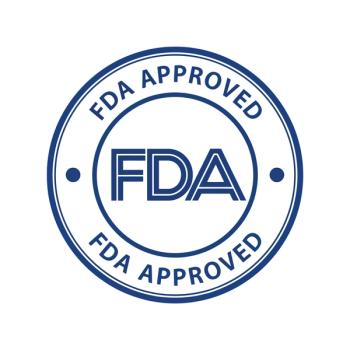
The approval was supported by findings from the TRITON3 trial, which enrolled certain patients with metastatic castration-resistant prostate cancer (mCRPC).

The FDA approves depemokimab-ulaa as a long-acting treatment for severe asthma, enhancing patient care with fewer injections and improved outcomes.

FDA approves zoliflodacin, a groundbreaking oral treatment for gonorrhea, offering hope against antibiotic resistance and improving patient access.
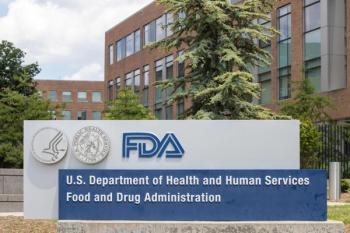
FDA grants a national priority voucher to teclistamab and daratumumab for relapsed/refractory multiple myeloma, enhancing treatment approval speed.

The approval is supported by findings from the phase 3 DESTINY-Breast09 trial.

The FDA-approved flibanserin represents the first and only once-daily oral pill for postmenopausal women with hypoactive sexual desire disorder.

Lerodalcibep, a new PCSK9 inhibitor, offers a convenient monthly injection to effectively lower LDL cholesterol in patients with hypercholesterolemia.

Pivotal FDA approvals in breast cancer treatment focused on precision medicine and innovative therapies in 2025.
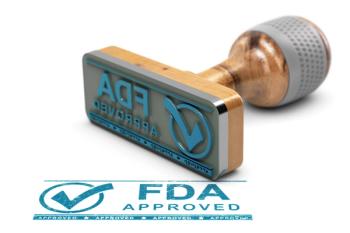
The FDA has approved a new combination therapy for BRCA2-mutated metastatic prostate cancer, showing significant efficacy in clinical trials.

After 2 initial doses, inebilizumab is administered with only 2 doses a year.

FDA approves gepotidacin as a new oral treatment for uncomplicated gonorrhea, expanding options against resistant sexually transmitted infections.

The FDA approves Flow's at-home depression treatment headset, offering a new approach to managing mental health with transcranial stimulation technology.
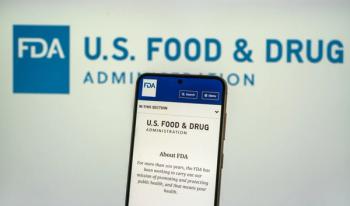
The FDA approved etuvetidigene autotemcel, the first gene therapy for Wiskott-Aldrich syndrome, transforming treatment options for affected patients.

FDA approves Omisirge, the first cell therapy for severe aplastic anemia, offering hope for patients lacking donor matches and improving recovery rates.

Breyanzi becomes the first FDA-approved CAR-T therapy for relapsed marginal zone lymphoma, offering hope with impressive response rates and durable outcomes.

The FDA approves a new dose of Omlyclo, the first interchangeable biosimilar to Xolair, enhancing treatment options for allergic and inflammatory conditions.
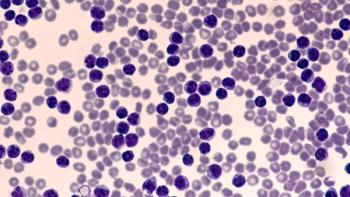
Pirtobrutinib’s indication was expanded for patients with chronic lymphocytic leukemia or small lymphocytic lymphoma, allowing for treatment in earlier lines of therapy.

The supplemental new drug application (sNDA) was assigned a PDUFA target action date of July 26, 2026.
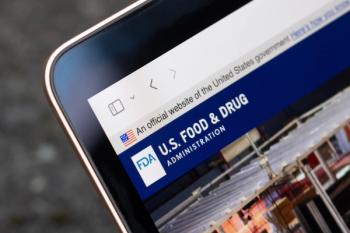
The blood test helps patients avoid unnecessary and invasive biopsies.

The FDA approves Amneal's albuterol sulfate inhalation aerosol, enhancing access to vital asthma and COPD treatments for millions of Americans.

Long-term follow-up data showed that about 50% of patients achieved the trial's primary end point.

Sibeprenlimab offers a groundbreaking treatment for immunoglobulin A nephropathy, targeting APRIL to reduce kidney damage and improve patient outcomes.

The FDA approved durvalumab with FLOT chemotherapy, revolutionizing treatment for early gastric and gastroesophageal junction cancers, enhancing survival rates.

The FDA approves a reformulated ranitidine, addressing past safety concerns while treating GERD and peptic ulcers.
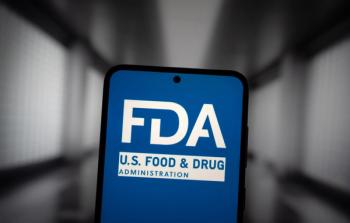
With this approval, Itvisma has become the first and only gene replacement therapy available for children 2 years and older, teenagers, and adults with SMA.

The combination has the potential to redefine the standard of care for a population that previously had limited therapeutic avenues.

FDA approves an 8-mg aflibercept injection for macular edema following retinal vein occlusion (RVO), offering flexible dosing options for improved patient care.

The biosimilars can be used to treat osteoporosis and cancer-related bone loss in certain populations.
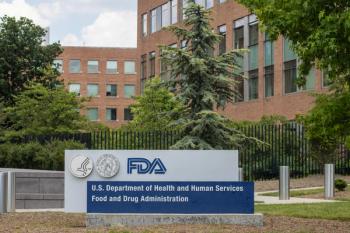
The approval is based on results from the phase 3 DeLLphi-304 clinical trial.